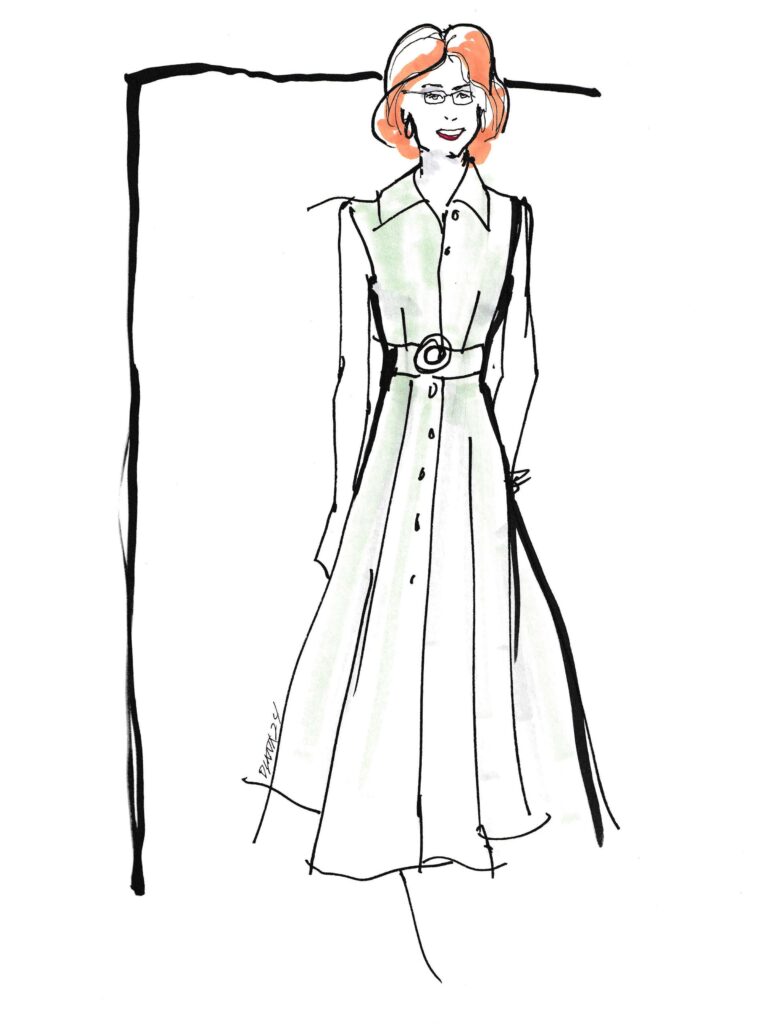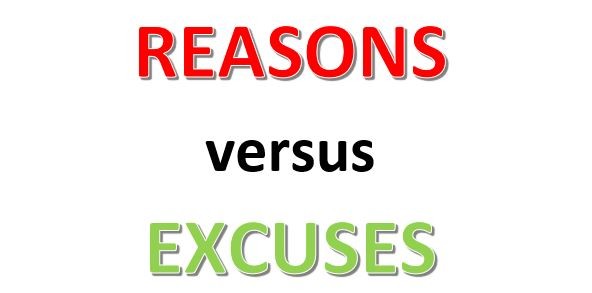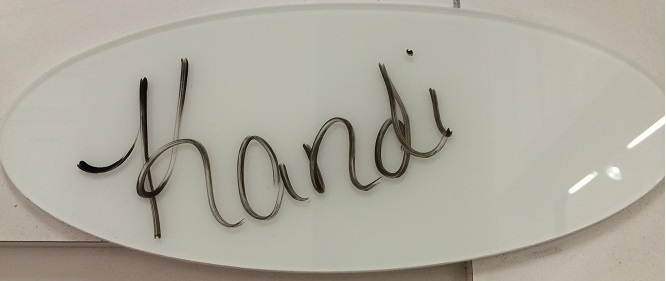Does it matter?
Balancing “living your truth” with the need for a shared, cohesive reality is a complex task. At its core, the philosophy of living one’s truth, particularly in the transgender context, emphasizes personal authenticity.
For a transgender person, this means living in alignment with their gender identity, regardless of external expectations or norms. This personal truth is crucial for their well-being and dignity.
However, when it comes to navigating a shared reality, some truths must be collectively agreed upon for society to function smoothly. For example, whether a light is red or green is not open to interpretation because it involves public safety.
These kinds of facts—like laws of physics, certain societal rules, and shared language—are examples of objective truths that we need for a cohesive society. So, how do we reconcile personal truths with these objective realities?
It requires distinguishing between areas where subjectivity and personal experience are valid, and areas where objective, commonly accepted standards are necessary. In terms of identity, living one’s truth (such as gender identity) does not typically conflict with the broader need for social cohesion.
A person identifying as transgender is living their own truth, but this does not negate the existence of shared societal systems like traffic laws or rules governing public safety. The key is to create a society that allows room for personal truths in areas that pertain to identity, while maintaining agreed-upon structures for societal functioning.
Thus, the balance lies in recognizing that some truths (like identity, beliefs, personal experiences) are subjective, while others (like traffic rules, laws, science) are not. Both types of truth can coexist, as long as we clearly define the boundaries where subjectivity is permissible and where collective agreement is necessary.
Respecting individual truths in areas of identity doesn’t mean dismantling objective realities needed for a functional society, but rather expanding societal acceptance to embrace diverse experiences within those established frameworks.
Where much of the societal conflict arise is when one truth overlaps another. Can both individuals or both groups live in harmony? Seeking to understand first, then be understood is the first step. There’s no guarantee either will agree even after seeking to understand. It’s how to come to agreement.
Can both be accepted? Sadly, so much of society is polarized where neither seeks to understand the other and simply judges based on limited and/or highly biased information. We can thank algorithms for this.
This post isn’t going to solve this complex issue. I just hope a few can consider, “What if what I thought was truth, isn’t exactly as I’d thought?” Then seek to clarify.
Dr. Gwen Patrone













5 Responses
Gwen,
Your last post in this series was very thought provoking as this follow on is .
OK first question if we have extemes of truth could one or the other be considered bigotry ?
I’m sure many of us have been in heated arguments over versions of the truth concerning our gender issues , as you suggest some are very subjective but at the same time neither could be considered lies .
It’s taken me far to long to discover my truth , we really need to believe in ourselves to survive as a transgender person , a non transgender person may never understand for a mulitple of reasons so they also believe in their version of the truth , the two may never meet .
We can’t compromise over traffic light laws but can we more to point should we compromise our truth , are we selling ourselves short ? While I accept I’m not on hormones or had corrective surgery I still felt it right to confirm my truth by officially changing my name , it’s no longer a subjective issue , legally I can drive and travel and in most other respects live as a female . The obvious conclusion of this decision is I’ve widened the truth gap not brought it closer together , I’ve built on my truth and made it stronger . I very rarely get questioned , part of that is because I’m totally committed to my truth , at the same time I don’t tell society if you don’t like it you can lump it ! To earn respect we must respect the society we choose to live in , OK we may not like their versions of the truth but we more than most understand compromise .
It is a complex subject and we may never discover all the answers but the important point is people like you are prepared to pose the question to promote dialect , we do need to talk about these issues otherwise we will never solve them .
Hi Teresa,
Great response.
Compromise is key. In today’s politically polarized climate, we’ve forgotten how to do this. Neither side has to win at all costs. Both can win with concessions.
It really irks me when one side of the discussion feels it necessary to not only win but destroy and demonize the other.
As Rodney King said decades ago, “Can’t we all just get along?”
Even when we encounter a traffic signal, it is not always red=stop and green=go. If you’re wife is in labor, you come to the red light: stop, look both ways and proceed through the light. The police officer pulls you aside and you explain your wife is in labor. The child is delivered at the roadside. So, the mind and genitals are not in alignment with some. What should society do when encountering the mismatched person? As Teresa stated, we have to talk about these issues. The challenge is what are the underlying issues for a person to reject another person for who she or he is. Unfortunately, too many people are turning their ignorance and bias thoughts into public policy and law.
Stephanie,
My ex-wife accused me of deceit , lying and causing embarrassment and shame , she could never grasp I suffered those feelings inside for years without any possibility of talking to anyone . It was only I sought counselling that I could actually unload that burden , Gwen talks about the truth I didn’t begin to find my truth until my forties . When people accuse of us of not divulging the facts when we marry , the fact is very few of us know or understand what is locked inside our heads . I finally broke down in my forties and told my wife , to her counselling was a dirty word but it left me with few choices , she chose not to come on board , I was the broken one that needed fixing her incorrect assumption was it was an illness that could be cured . That is the two truths I’ve had to live with , it was inevitable that separation was the only option .
Very thought provoking post Gwen.
And this sentence – “The key is to create a society that allows room for personal truths in areas that pertain to identity, while maintaining agreed-upon structures for societal functioning. ” – is so very true. Life would be so much better if more people acted that way, much better for everyone.
Fiona